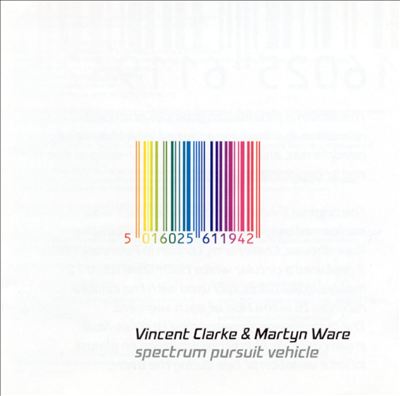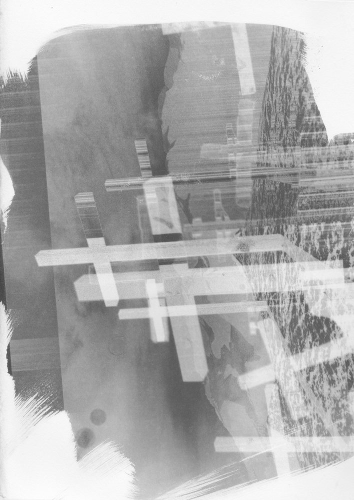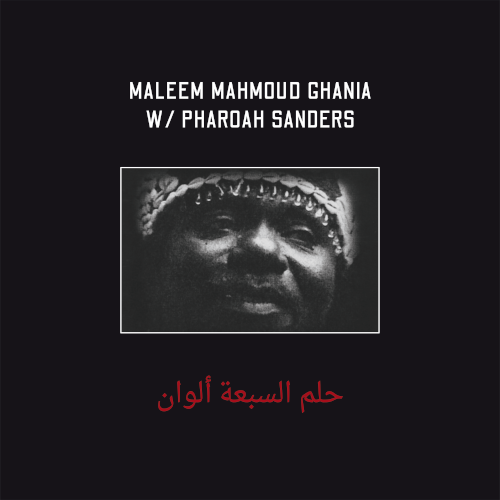Label: Mute Format: CD/Ltd. ed. CD + hardback book
 As far as I know, no-one since Stockhausen has attempted a major re-interpretation of the national anthems of the world, and anyone but Laibach would be foolish to try it. There’s little sign here of the triumphalist bombast of “The Final Countdown”, “Jesus Christ Superstar” or “Leben Heisst Leben”, which is surprising given that some of the most notorious imperial powers of the past and present are represented. But then Laibach were never about predictability. Instead they are operating largely in a much more subdued, atmospheric mood, flirting with Neoclassicism, and approaching Pop balladry from time to time despite Milan Fras‘ trademark sepulchral growl.
As far as I know, no-one since Stockhausen has attempted a major re-interpretation of the national anthems of the world, and anyone but Laibach would be foolish to try it. There’s little sign here of the triumphalist bombast of “The Final Countdown”, “Jesus Christ Superstar” or “Leben Heisst Leben”, which is surprising given that some of the most notorious imperial powers of the past and present are represented. But then Laibach were never about predictability. Instead they are operating largely in a much more subdued, atmospheric mood, flirting with Neoclassicism, and approaching Pop balladry from time to time despite Milan Fras‘ trademark sepulchral growl.
The songs are not simply covers but ‘music from and inspired by’ each country’s original, setting lyrical and musical elements from each one in a new context. Laibach’s own lyrical additions are mostly in English – which is itself an explicit statement about deliberate cultural imperialism – and mostly consist of commentaries on the frequently bloody and violent histories that silently underlie the source material, and the true or supposed national characteristics of each state. Some of these are subtle critiques of the hypocrisy that patriotism can give rise to, such as Israel’s talk of homelands or Turkey’s paean to human rights; others are more overtly scathing, particularly England’s tale of lost empire. There are other levels here that are not apparent without research, such as the fact that Spain’s arrangement uses parts of two songs from different historical periods; this bellicose number is one of the most upbeat tracks here, perhaps reflecting Spain’s transformation from fascist dictatorship to northern Europe’s holiday annex.
Russia’s song sets up all sorts of unexpected resonances, given that it builds on the same progression from Pachelbel‘s Canon as the Village People‘s anthemic “Go West”, the Pet Shop Boys version of which has been expertly mashed-up elsewhere with Laibach’s “Barbarians” by a crafty fan. The most and least radical track here at once is their rendering of the Vatican’s “Inno e Marcia Pontificale” as a beautiful choral requiem, basically unmolested by the band’s own industrial leanings. Appropriately though, only the closing track is arranged as a traditional national anthem ought to be, and this is the battle hymn of the band’s own virtual republic, the Neue Slowenische Kunst. And long may they reign.
-Andrew Clegg-



